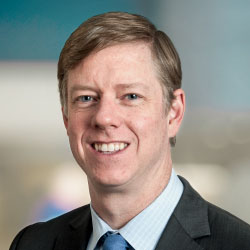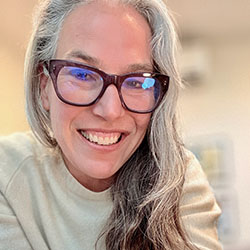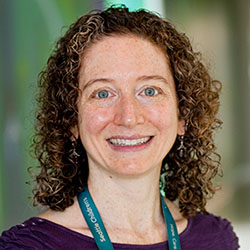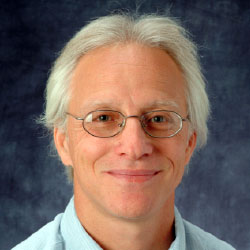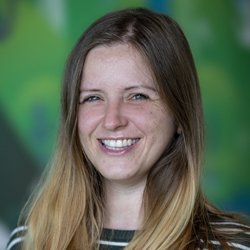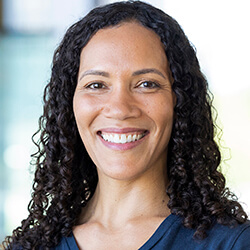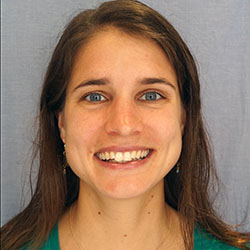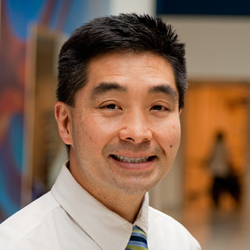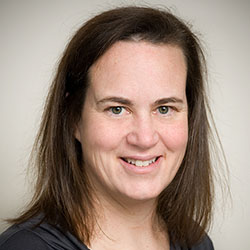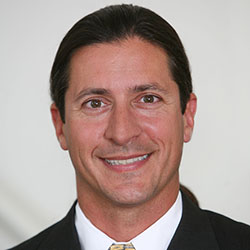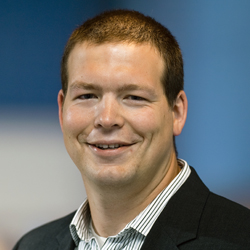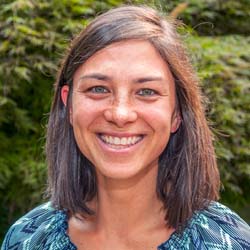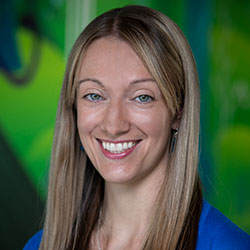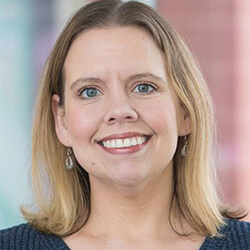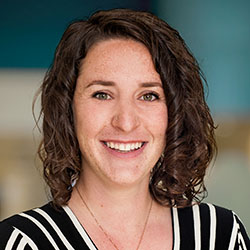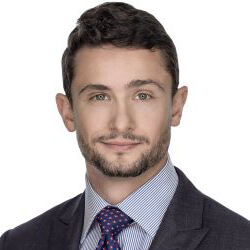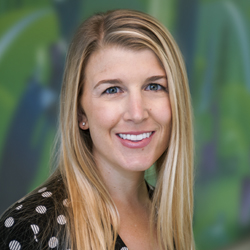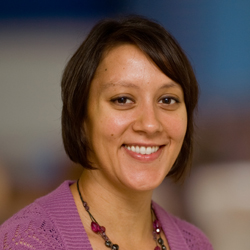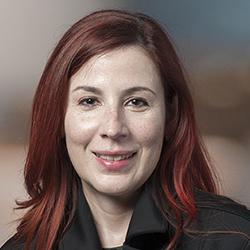Concussion Program
We help your young athlete’s brain recover so they can return safely to school and sports.
Seattle Children’s Concussion Program brings together the region’s top pediatric experts on sports concussions and brain injuries. We are the area’s premier center for evaluating head injuries in children and teens and can assess and manage any level of injury to your child’s brain.
Our team recommends the right strategies at the right time to keep your young athlete safe and healthy as they recover and return to school and sports. We are also involved in research that is transforming concussion diagnosis and treatment.
Here When You Need Us
If you think your child might have a concussion and they lost consciousness (were “knocked out”) or have “red flag” symptoms, take them to Seattle Children’s Emergency Department.
If your child did not lose consciousness and they don’t have “red flag” symptoms — or you are not sure what to do — call your child’s doctor or an urgent care clinic or:
- For sport-related concussions, make an appointment with our Concussion Program. Call Orthopedics and Sports Medicine at 206-987-2109 or Odessa Brown Children’s Clinic Othello at 206-987-7210.
- For non-sport-related concussions, call Rehabilitation Medicine at 206-987-2114.
Why choose Seattle Children’s for concussion treatment?
- Our team has the specialized training and expertise to evaluate your child’s sport-related concussion and develop a care plan to safely help your child return to play.
- Based on your child’s needs, they may receive care from a team of doctors, surgeons, , , , and other healthcare providers trained in concussion care.
- Concussions can have complex effects on your child’s brain. Our Neuropsychology team can help your child after their concussion by studying how your child behaves, learns, remembers and thinks. use special testing to help diagnose problems and guide decisions about schoolwork and return to play. Testing may also help us plan care if your child’s symptoms are not improving as expected.
- We will create a custom-made care plan for your young athlete. Our aim is to help them recover safely so they can go back to their regular activities, including school, sports and other physical activities. Care often includes getting the right amount of rest, limiting screen time at first and getting good nutrition and hydration.
- We will provide recommendations and support to help your student return to school and manage schoolwork. Concussions may affect your child’s ability to complete tasks they could do before. Changes like reducing their school hours and workload for a while can help children return to school successfully.
- We know it can be stressful to have a child with a concussion and to find the care they need. Everyone at Seattle Children’s works to make your experience here as easy as we can on your whole family.
- Your child’s team does more than plan and provide care for your child. We also make sure you and your child understand your child’s condition and treatment options.
- For your convenience, our doctors see patients at locations in Seattle, Bellevue, Everett and Federal Way. We bring high-quality care closer to where you live.
- Seattle Children’s supports your family with a range of resources. Our Child Life specialists, Family Resource Center and Guest Services are here to help.
- Seattle Children’s is on the leading edge of concussion science. Many of our current projects focus on the best ways to assess and treat children and teens with concussions and to support families in learning about concussion care.
- CARE4Kids is a study using , blood tests and eye tests () to learn why some children with concussions have symptoms that last longer than or feel different from other children’s symptoms.
- MSTEP is a study using telehealth to help kids recover from concussions faster with rehabilitative exercises. MSTEP stands for Mobile Subthreshold Exercise Program for Concussion.
- The CHIP study provides virtual support to teens and parents to improve concussion recovery. CHIP stands for Concussion Health Improvement Program.
- Learn more about the Seattle Concussion Research Collaborative (SCRC) at Seattle Children’s Research Institute, SCRC research projects and how your child can take part.
Patient Success Stories
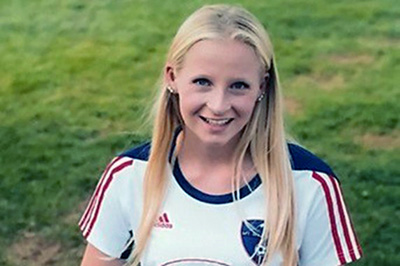
Soccer player Natalie Childress got a concussion after she went up for a header and collided with another player. At Seattle Children’s, she took part in a clinical trial testing a team-based approach to treating both the physical and mental health effects that came after.
“I couldn’t have gotten through without that support and lifeline. It gave us hope.”
– Debbie, Natalie’s mom, who was grateful her daughter got to take part in a concussion study
Meet Your Concussion Program Team
Experts from many areas of Seattle Children’s treat sports concussions. Most children start by seeing a team member from Orthopedics and Sports Medicine, Rehabilitation Medicine or Adolescent Medicine. After we assess your child’s symptoms, we will recommend ways to help your child get better as quickly and safely as possible. Based on your child’s needs, we may connect you with experts from other areas, like Neuropsychology, Neurosciences, Physical Therapy, Rehabilitation Psychology or Biofeedback.
Leadership
-
Medical Director, Concussion Program; Director of Hydrocephalus; Surgical Director, Tone Management Program
Teams
Orthopedics and Sports Medicine
Patient and Family Education
We want you to have all the information you and your child need to understand your child’s condition and to participate in treatment. We hope these resources will be helpful.
- Brain Injury Alliance of Washington
- Brain Injury Association of America
- Brain Injury in Children and Youth: A Manual for Educators (PDF) (Colorado Department of Education)
- Brain Injury Resources (PDF) (Spanish)
- Concussion Management Guidelines (Washington Interscholastic Activities Association)
- HEADS UP: Concussion in Youth Sports (Centers for Disease Control and Prevention)
- HeadStrong
- Return to School – Washington State
- Seattle Concussion Research Collaborative
- Should Your Child See a Doctor?: Head Injury
- Traumatic Brain Injury (Center for Parent Information and Resources) (Spanish)
- Traumatic Brain Injury and Concussion (Centers of Disease Control and Prevention)
- Traumatic Brain Injury Fact Sheets (Model Systems Knowledge Translation Center) (Spanish)
- Traumatic Brain Injury InfoComics (University of Washington) (Spanish)
- Traumatic Brain Injury Resources in Washington State (Washington State Department of Social and Health Services)
Concussion Program Resources
Questions? Contact Us
Orthopedics
- All locations except Odessa Brown and Yakima: 206-987-7678 (206-98-SPORT)
- Odessa Brown Children’s Clinic Othello: 206-987-7210
- Yakima: 509-574-3200

